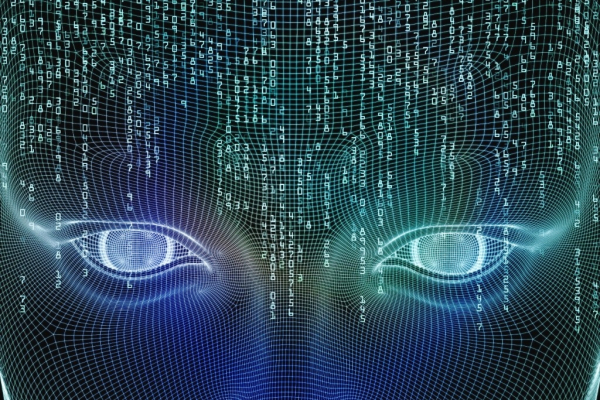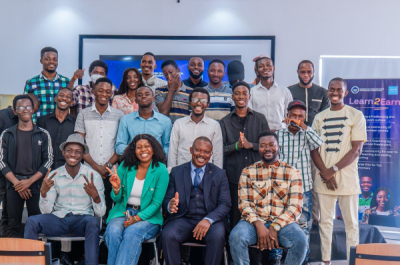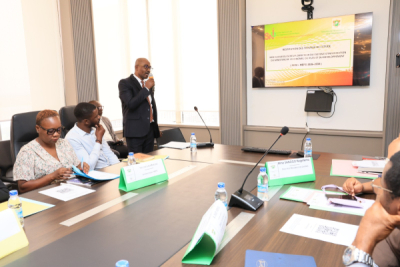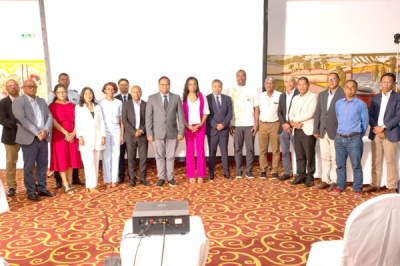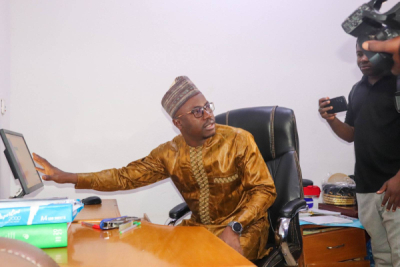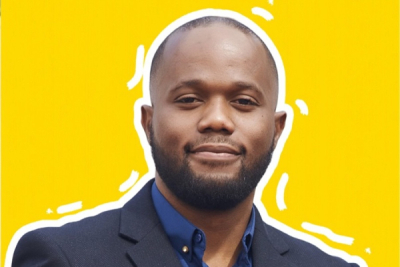While misinformation is not a new phenomenon, its scope has been amplified by new technologies. It now disseminates more rapidly, impacts a larger audience, and has a heightened effect.
In its Global Cybersecurity Outlook 2024, the World Economic Forum (WEF) believes that Artificial Intelligence (AI) will mark a turning point in the cybercrime landscape. Indeed, beyond attacks on computer systems, information manipulation will be one of the major challenges of the connected world.
Although attacks on critical infrastructures still represent a major security risk, they can be controlled. However, the social and political upheavals that can result from the profound manipulation of information by new technologies are likely to undermine the economic stability of various sectors, countries, and regions of the world over the long term.
Anxiety, fear, identitarian withdrawal, the crisis of public confidence, etc. are all situations that deepfakes can create, maintain, and accentuate across the planet, turning them into weapons against governments and between countries. Through this new approach, it is the hearts and minds of the people who make up political, economic, and social systems that are hacked. In a September 2023 memo, the US Department of Defense described deepfakes as a threat to national security.
Talent Shortfall
Against a global backdrop of cybersecurity skills shortages - 4.7 million people were working in cybersecurity internationally in 2022, but the global deficit stands at 3.4 million according to the non-profit organization International Information Systems Security Certification Consortium (ISC2) - the rapid emergence of AI and its impact on reality is putting further pressure on the need for cyber defense professionals.
In 2023, Gartner, the US information and communications technology research and advisory firm, predicted that the number of cyber and social engineering attacks against people will increase by 2025 due to this critical shortage of talent. It asserted that humans will increasingly be seen as the most vulnerable point of exploitation.
While AI is reinventing and intensifying cybercriminal threats, it is also opening up new opportunities for millions of young people on every continent. In Africa in particular, where the start-up ecosystem is currently dominated by the provision of services in finance, commerce, healthcare, education, energy, etc., a new generation of cyber talents capable of identifying and authenticating the real thing could emerge.
States can contribute to their emergence by thinking now about various strategies that prepare them for this new technology and its opportunities, but also for the threats. In its AI Readiness Index 2023, information and communications technology consultancy Oxford Insights reports that only three African countries have already adopted an AI strategy. These are Rwanda, Senegal and Benin. Ethiopia and Nigeria are already working on it.
Muriel Edjo


